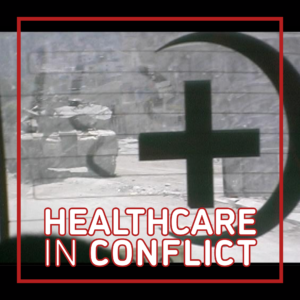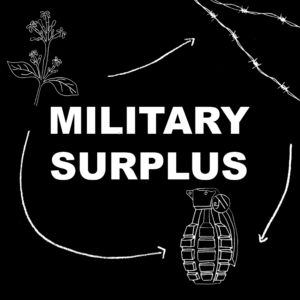This year CRASSH is supporting seven networks; five new groups and two that are continuing on from last year. Find out more about network themes and convenors, and see their events programmes. All network events are free and open to all.
Ambivalent Archives
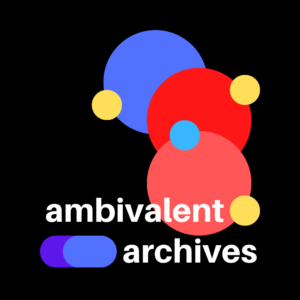
‘Ambivalent Archives’ attends to the various affective and critical engagements with the archive which are resurgent in recent scholarship and archival practices. The name of our network reflects the many dispersed ways in which these engagements occur, whilst foregrounding our own consciously ambivalent critical position; given that archives can exclude and obscure as much as they retain, we believe that an interdisciplinary space to explore critical attitudes of uncertainty and speculation towards the archive has become necessary.
Contemplation: Theory / Practice
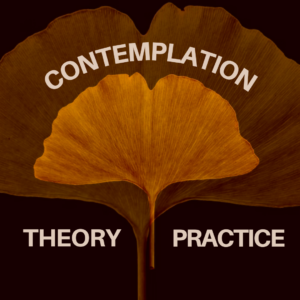
‘Contemplation: theory / practice’ investigates the ideas, history, and applications of contemplative traditions from around the globe. Contemplation is a wide-ranging term encompassing different meanings for different groups, and is adopted by this network as a touchstone for exploring a rich diversity of theories and practices united around a particular set of characteristics.
Cultures of Camouflage and Mimicry among Human and non-Human Animals
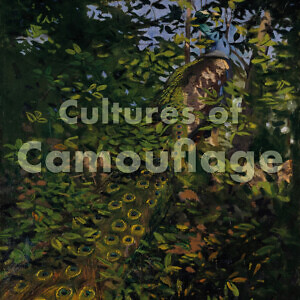
Camouflage is not the exclusive domain of animals. Humans also practice it, in hunting, war and fashion, social behaviour, and the arts. It is not restricted to artefacts; it also occurs in social behaviour, when people disguise their social status, desires, or motives behind appearances they judge to be more acceptable or effective. We will bring together zoologists, cognitive scientists, as well as specialists of art, costume, gardens, the hunt, and the theatre, to discuss how camouflage and mimicry shape animal and human behaviour and artefacts, and how an understanding of this shared domain can help rethinking the relations between human and other animals.
Healthcare in Conflict
The study of healthcare in conflict has to be and is interdisciplinary in nature. While this can be seen as a strength and even a necessity, this interdisciplinarity also comes with risks, especially in a setting such as Cambridge. Healthcare in Conflict is an interdisciplinary network, open to all faculties and departments, that will allow us to break down barriers and explore the wide landscape of individuals and groups working on issues related to healthcare in conflict across and beyond the Cambridge ecosystem, building synergies and learning from each other to ultimately deliver both better and more integrated research as well as response.
Indigenous Studies Discussion Group
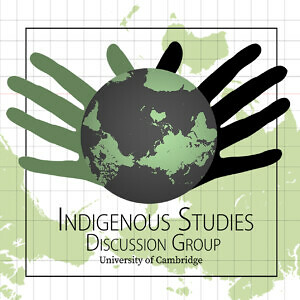
The ‘Indigenous Studies Discussion Group’ at the University of Cambridge is a graduate-led network that aims to promote scholarship by and about Indigenous Peoples across disciplines and spaces to be a regular feature of the intellectual life of Cambridge and promote the sharing and discussion of insights and ideas pertaining to Indigenous studies across peoples, disciplines, times and geographies.
Military Surplus: Toxicity, Industry and War
Contemporary military conflict tends to be defined by the ‘event’ of war — the outbreak, the clash, the rupture, the declaration. It is cataclysmic, excessively visual, and volatile. The physical world is reduced to the combat zone, composed of seemingly ahistorical objects, materials, and actors. Beyond the immediate theatre of war, however, there are intricate (and often hidden) supply-chains, industries, and arrangements sustaining and bolstering military might. The ‘Military Surplus’ research network will examine these ‘peripheral’ zones, as well as the by-products of war which seem to lie beyond traditional understandings of the military-industrial-complex.
Multidimensional Dialogues of the Americas
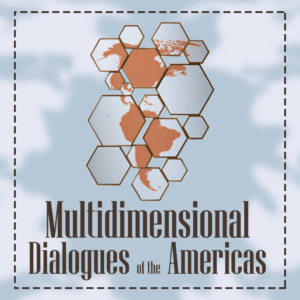
‘Gender, Endangered Knowledge, Museums, and Digital Humanities and the Americas’
Multidimensional Dialogues seeks to introduce a set of topical and thematic approaches to Archaeology by targeting Science, Technology, and the Arts programming. Our trans-hemispheric framework will enable increased diversity of opinions, widen participation, and help discussants rethink studies of the Americas’ past, present and future.

